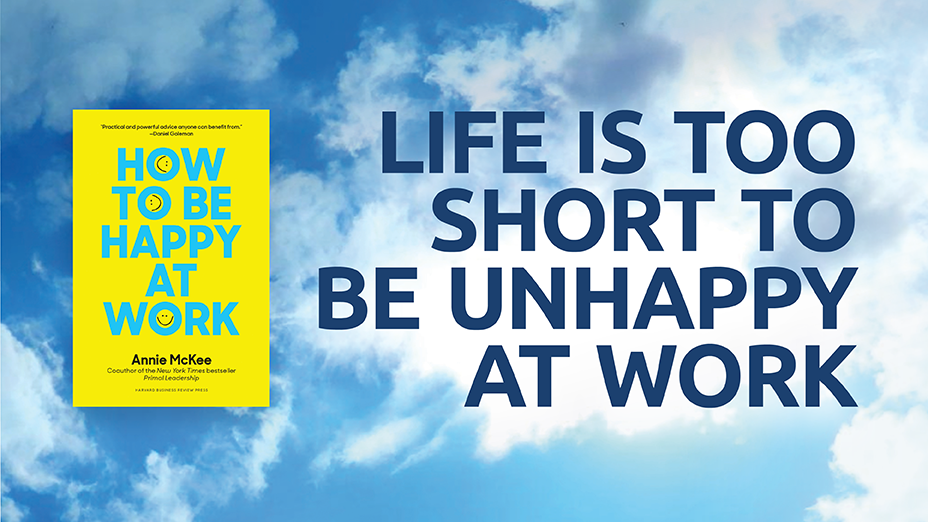HOW MEDIOCRE ARE YOUR LEADERS?
You might find that a rather unusual, even provocative question. But increasingly, as I travel the globe working with leaders, I end up posing this question to CEOs or CHROs who complain to me about the woeful state leadership in their organizations.
Most of the people I talk to can’t answer the question. They know that some of their leaders are pretty bad, but they don’t really know how to describe or define the problem. And they certainly don’t know how deep it runs. So, to help answer these questions, I decided to take matters into my own hands.
First, I began to take a pulse survey at events I attended and with organizations that called me in to speak to their leaders. This allowed me to build a database of the worst kinds of leadership behavior that respondents witnessed on a day-to-day basis.
Then, I extended the research with various online surveys that reached out to hundreds of leaders in North and South America. The results—which eventually captured more than 1,800 responses—confirmed a fear I had long held: mediocre leadership was complex, and it was present in almost every organization.
The top five characteristics of mediocre leaders were alarmingly consistent regardless of continent, country or leadership position.
1. Willingness to Blame Others
These leaders consistently pass the buck when something goes wrong. When the going gets tough, they always find a finger to point at someone else.
2. Selfish to a Fault
Some leaders are only in it for themselves. They take as much as they can from the job, for as long as they can, without regard to the welfare of anyone else.
3. Uncivil and Mean
These leaders regularly and routinely mistreat, disrespect and insult the people around them. They believe that demeaning the people they lead is a sign of strength.
4. Generally Inept
Some leaders have risen to a station well above their skills and experience. These leaders simply do not have the right instincts for leadership.
5. Lack of Initiative
When decisive action is needed, these leaders delay, defer, procrastinate and prevaricate. They show up every day and do nothing and hope that nobody notices.
As profound as these results were, the real emotional impact for me came from the open-ended responses that we captured.
I asked respondents to describe in their own words how mediocre leadership impacts them personally. The responses ranged from disappointed and angry to despondent.
“It’s such a struggle to come to work,” said one middle manager from North America. “It’s worse if you manage a group of people who look up to you. Slowly but surely, you die a little at a time.”
Death by mediocre leader was a constant theme in the open-ended responses. “Mediocre leaders suck the very energy, drive and ‘can do’ spirit out of you,” said another manager.
It was hard to ignore the link between mediocre leaders and mediocre performance. “When leaders ignore their best people and ideas, maintaining the status quo is easiest for them,” said another middle manager from North America. “After a while, we’re all just treading water.”
Fortunately, there is hope. It will require some dedicated effort, but there is a solution to mediocre leadership: accountable leadership.
In my book, The Leadership Contract , I suggest that leaders and their organizations adopt behaviors and mindsets that demonstrate strong accountability at a personal and collective level. In other words, I ask them to commit to what I call the four terms of the Leadership Contract.
The first term is that leadership is a decision, and that you have to make it. You must be all in and define yourself as a leader. To be an accountable and maybe even a great leader needs your full commitment. Anything less and you run the risk of becoming mediocre.
The second term notes that leadership is an obligation, and you have to step up. You need have a clear sense of your obligations as a leader, and a commitment that you will leave your organization in a better place than you found it. It’s about leaving a lasting and positive legacy.
The third term acknowledges that leadership is hard work and you have to get tough to tackle it. Far too many leaders only like the easy tasks of leadership. But, being a leader requires you to make unpopular decisions, give frank feedback to colleagues, and call out unproductive behavior. These are hard things to do, but necessary if our organizations are to succeed. If you avoid the hard work, you weaken yourself, your team and your company.
The final term notes that leadership is a community and you need to connect with your fellow leaders. Too many leaders are disconnected from one another. To be an effective leader, you must build relationships with peers and colleagues across the organization. You need to break down silos and actively network to share ideas and drive innovation.
Mediocre leadership is a scourge that drains the engagement and productivity out of your organization. Left unattended, it will drive down results, and drive out your top talent.
The antidote is within reach. You must sign the leadership contract and lead with accountability. It’s the quickest and most enduring way to improve your leadership.





.png)




What Did You Think?